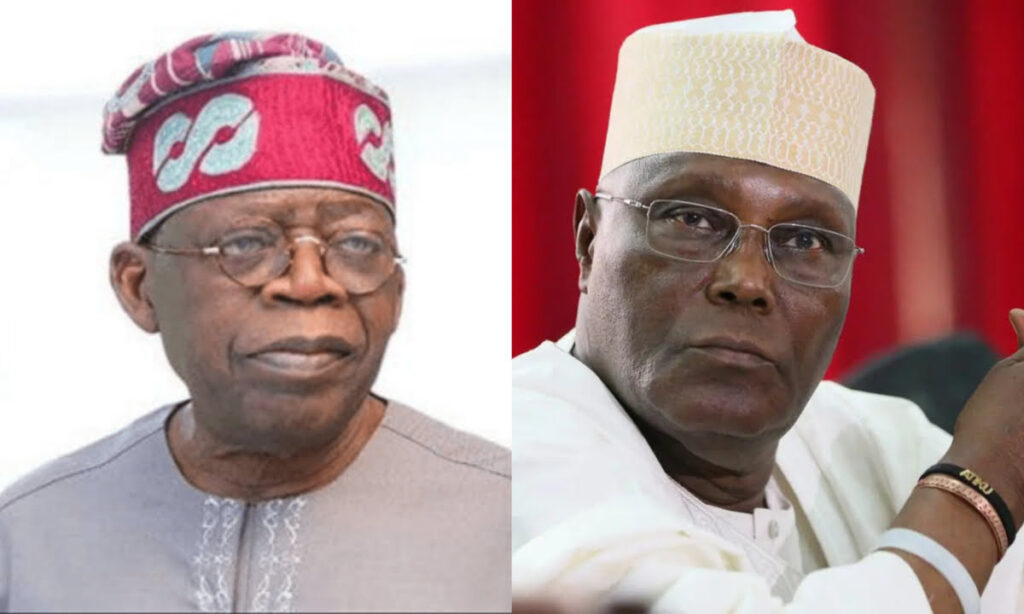Stephen Ukandu, Umuahia
Former Vice President, and the 2023 presidential candidate of the Peoples Democratic Party, PDP, Atiku Abubakar, has knocked President Bola Ahmed Tinubu-led Federal Government on the recent directive that admission to tertiary institutions should not be given to candidates below 18 years.
The former VIce President who described the directive as retrogressive, said “Tinubu’s Government is behaving like a lost sailor on a high sea.”
According to Atiku, pegging age limits for entry to tertiary institutions at 18 years is “absurd and a disincentive to scholarship.”
Minister of Education, Tahir Mamman, had while defending the new policy, that the 18-year benchmark was in line with the 6-3-3-4 system of education.
Tahir said: “The minimum age of entry into the university is 18, but we have seen students who are 15, 16 years going in for the entrance examination.
“Parents should be encouraged not to push their wards too much. Mostly, it is the pressure of parents that is causing this.
“We are going to look at this development because the candidates are too young to understand what the whole university education is all about.
“This is the period when children migrate from controlled to uncontrolled environment; when they are in charge of their own affairs.
“But, if they are too young, they won’t be able to manage properly. I think that is part of what we are seeing in the universities today.”
Atiku advised the Federal Government to review the policy, arguing that it is not in the best interest of Nigerians.
He further argued that the Federal Government does not have the exclusive rights to legislate on education.
Atiku in a statement on his X handle said: “The policy runs foul of the notion of delineation of responsibilities in a federal system of government such as we are practising, and gives a graphic impression of how the Tinubu government behaves like a lost sailor on a high sea. Otherwise, how is such anti-scholarship regulation the next logical step in the myriad of issues besetting our educational system?
“To be clear, the Nigerian constitution puts education in the concurrent list of schedules, in which the sub-national government enjoys more roles above the federal government.
“Therefore, it is extra-constitutional for the federal government to legislate on education in a manner similar to a decree.
“The best global standard for such regulation is to allow the sub-national governments to make respective laws or rules on education.
“It is discouraging that even while announcing this obnoxious policy, the government inadvertently said it had no plan to cater for specially gifted pupils. That statement is an embarrassment to the body of intellectuals in the country because it portrays Nigeria as a country where gifted students are not appreciated.
“The irony here is that should the federal government play any role in education, it is to set up mechanisms that will identify and grant scholarships to gifted students not minding their ages before applying for admission into tertiary institutions.
“This controversial policy belongs in the Stone Ages and should be roundly condemned by everyone who believes in intellectual freedom and accessibility.”
There has been public outcry and wide condemnation against the policy which many describe as injurious to the future of students.

